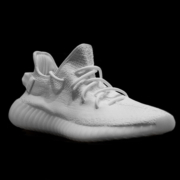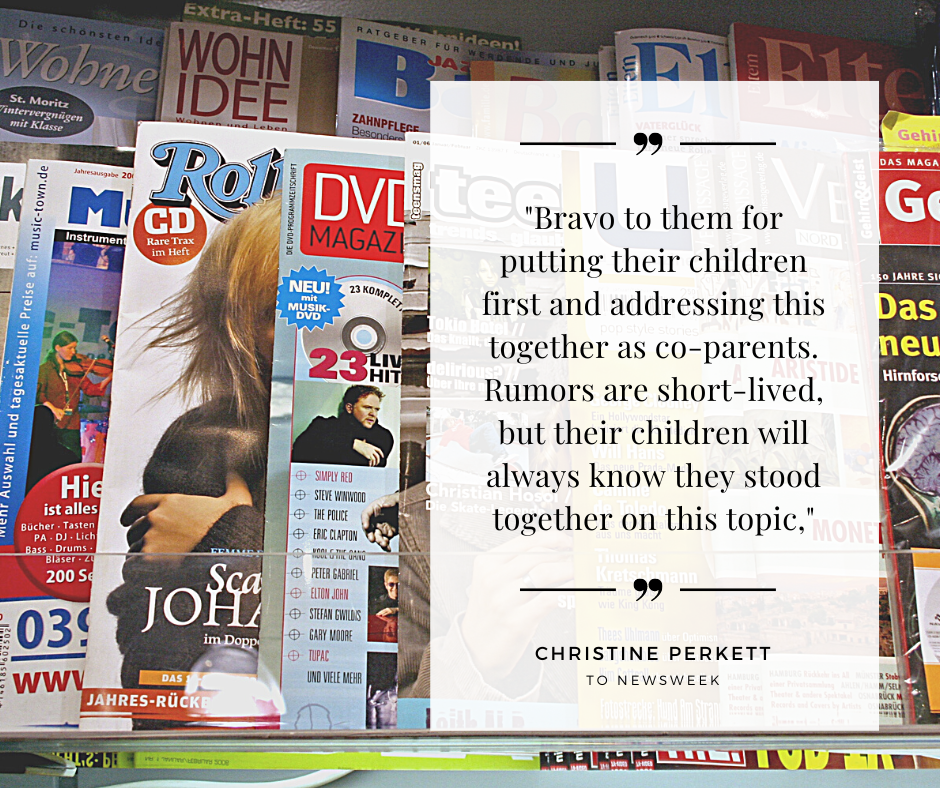When Twitter first arrived on the scene a few years ago, it took a long while for businesses to jump on the bandwagon. A few brave souls were early adopters but even today, there’s still a lot of skepticism on whether or not social media is appropriate and valuable for business. I think we’ve made it clear here that we believe it is, but if you’re still wondering, take a look at some of the biggest “web-celebs” (individuals popular on the web and who have successfully used it to build and extend their brand) and their use of social media. Many of them use it solely for the purpose of business – you rarely, if ever, see a personal update from them. So, although one might argue that these folks are focused on “personal branding,” ultimately, they are using their recognition to grow their businesses. A few examples:
Pete Cashmore (he moved over to Google Buzz in lieu of his “personal” Twitter account)
Robert Scoble (a few scattered personal comments but usually around where he is, especially with his current focus to travel the world to study how start-ups are formed)
Guy Kawasaki (“firehose” is putting it lightly)
Michael Arrington (if you don’t count semi-arguments with people trying to get his attention through controversial engagement)
Brian Solis (the most personal current Tweets are around his own book)
On the flip side, there are several examples of some new “web celebs” who often share personal updates, sometimes posting such random things like quotes from their favorite song, or what they had for dinner. Folks like Laura Fitton of oneforty, Penelope Trunk (who is a writer, so perhaps this is part of her persona), Chris Brogan (also a blogger, but now also a marketer) and Peter Shankman (of HARO fame) all share a combination of personal viewpoints and professional insights.
Then there’s a lot of talk about the new “over sharing” of personal information around location-based technologies, such as Foursquare. If you missed the latest hoopla, check out this TIME story on Please Rob Me and the dangers of getting too personal online. A recent PR-specific example of over sharing is the young lady who was hired – and then had her offer rescinded – by People’s Revolution (a fashion PR firm and center of the BravoTV show, Kell On Earth) for tweeting about her job interview.
So what’s my point? It’s really more of a question – are those who keep content more professional-focused and less personal-focused, more successful in business? Have social media networks crossed the chasm from personal fun to serious business tool? If so, why are so many brands still hesitant to make the leap into social marketing? Clearly, these few examples are only a small part of the social media population – but they are also strong examples of those who have successfully grown their personal brand through heavy use of social media and digital content.
What’s your style? Do you have a preference of the type of people that you connect with in social networks? Is it better as a business/executive – especially a marketer – to keep what you share 100% professional? I tend to believe that as a PR executive, social networks give us the opportunity to show that we’re human, more intelligent than often given credit for, and interested and passionate about many of the very products and services we promote. However, I often wonder whether or not I should post anything personal on my social networks. My historical preference has been to strike a balance between professional and personal posts, although with Facebook I really struggle – should I be posting anything personal? If I want to be personal, should I only accept “friends” who are truly friends in real life (you know, those people I’ve actually met and share common interests with)?
What do you think? I’m particularly interested in hearing from those who have built brand awareness online and if such success came from staying on one side of the fence or another. Thanks in advance for “sharing.”


